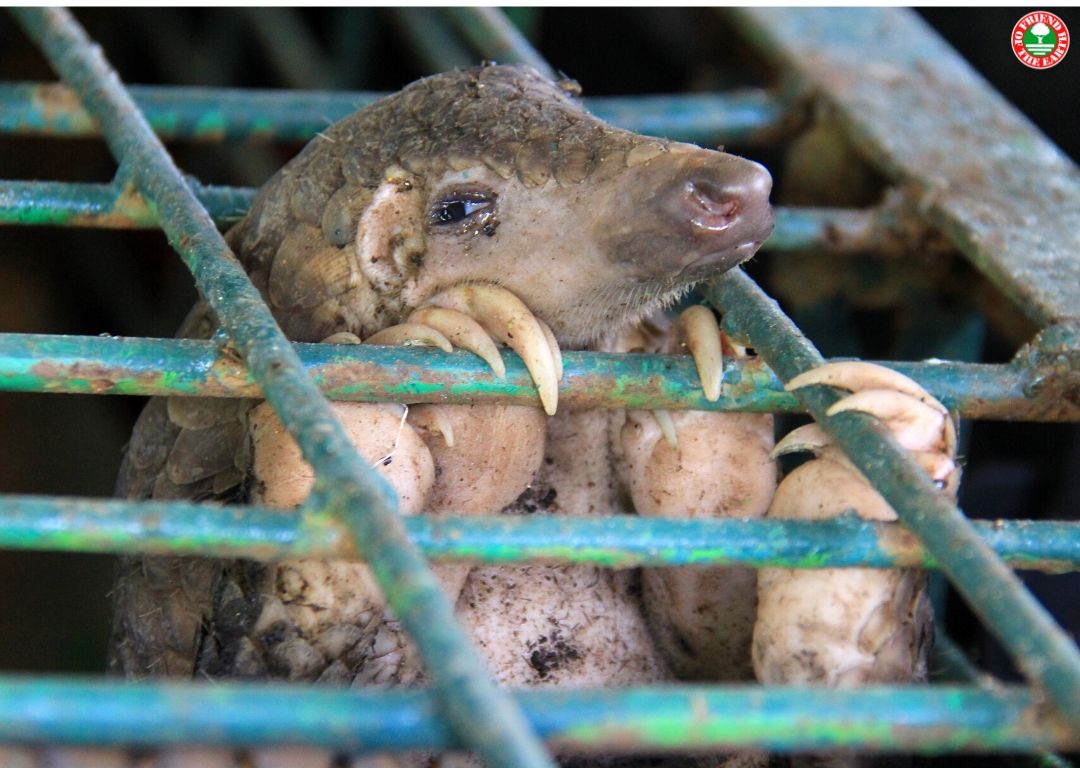Driven by Coronavirus concerns, Chinese Government decision also influenced by petition from leading sustainability NGO
A petition launched by Friend of the Earth was an influential factor in the February 24 decision by the government of China to enact a permanent ban on the trade and consumption of wild animals. The ban is a response to the Coronavirus outbreak, which is thought to have originated from contact between humans and species, possibly pangolins, sold in China’s wild animals markets. Friend of the Earth is the preeminent worldwide certification of products from sustainable agriculture and farming, also carrying out conservation projects and campaigns.
“We applaud this decision,” said Paolo Bray, Director of FOE. “It was the right thing to do and it will have a positive impact, not only on China’s people and global safety, but also on the survival of endangered species worldwide. We are pleased and honored that our efforts had an influence on the decision-making process.”
The NGO had sent the thousands of signatures it collected to the Chinese government with the suggestion that they become the world’s new wildlife conservation leader. The Guardian reported that the ban is shutting down nearly 20,000 wildlife farms in China. These farms had been raising species like peacocks, civet cats, porcupines, ostriches, wild geese and boars.
The Coronavirus is a zoonotic disease, one that can be transmitted from animals to human. According to CNN, The National People’s Congress Standing Committee approved the ban as part of an effort to “safeguard public health and ecological security.” The ban will completely cease the “trade of wildlife” while also completely banning “the eating of wild animals.” The New York Times had previously reported that Pangolins had been the source of the virus outbreak.
Friend of the Earth also petitioned China to stop trade in Pangolins and Dr Bray has been interviewed on the subject on BBC World Service Radio and Radio 4, Business Matters (min 18) https://www.bbc.co.uk/programmes/p085b4g7
China has been the world’s largest market for wildlife products—an estimated $20 billion global enterprise. This would make wild animal trade the fourth largest illegal business after drugs, human smuggling and illegal weapons trafficking.




